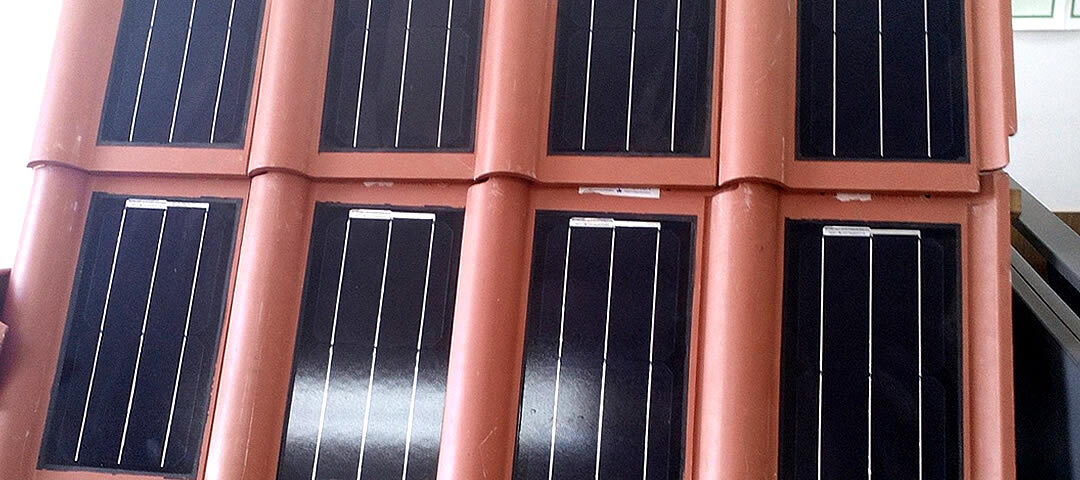Tony Nyagah is co-founder and CEO of Strauss Energy, a Kenya-based start-up that manufactures energy-generating roofing tiles. Nyagah tells How we made it in Africa about his plan to power up houses and give owners an extra income. Below are edited excerpts.
1. Give us your elevator pitch.
There is a big energy gap in sub-Saharan Africa, with two out of three people lacking access to grid electricity. But we have abundant sunlight and everybody needs a roof over their head. So we have developed and manufacture roofing tiles that have solar cells infused into them. This is a cost effective alternative to conventional installation of solar panels. The user gets power for themselves and they also generate income from excess or unused power that is sold to the grid and any other off-takers such as a nearby factory. So instead of paying for electricity you also get paid for selling energy.
We go to a client’s house, do the sizing, evaluate their energy needs, then they will decide if they want enough tiles to generate energy just for themselves or also to sell. So the more tiles they have the more money they will make from selling power. To fully roof a three bedroom house one would need between US$4,000 and $5,000. But in less than three years they will have made back their money.
Our idea is to solve people’s energy challenges, whilst giving them an opportunity to make an extra income. And as they get more purchasing power it will help spur our economies. We have sold the first tiling system to a university, and are now set to work with five public schools.
2. How did you finance your start-up?
Through savings mostly. We have now finished putting together a team and doing the product development, so we will be receiving investment soon to scale up the business.
3. If you were given $1m to invest in your company now, where would it go?
Right now there are more people who need the tiles than we can supply, so we will add the inventory. We are also thinking of putting up a plant in Machakos County where we expect to be allocated land by the county government.
4. What risks does your business face?
The biggest customer is Kenya Power (a state-controlled company that operates most of the electricity transmission and distribution system). If they are not keen on accelerating energy access, [or] they go slow, we will go slowly too. If they embrace the vision of the government, then there shouldn’t be a risk. We generate income by selling tiles which is profitable on its own, but selling power is enticing because our users will get power plus a passive income.
5. What has been your biggest mistake, and what have you learnt from it?
We made mistakes when designing the tiles. The first roofing tiles were heating so much we needed an air conditioner just to live under it. So we had to find ways to make the tile self-cooling. Also we should have gotten a finance specialist on board very early on. All of us are engineers, architects, and technical people in the energy and construction industries, and as a result we have lagged behind in the finance area.

